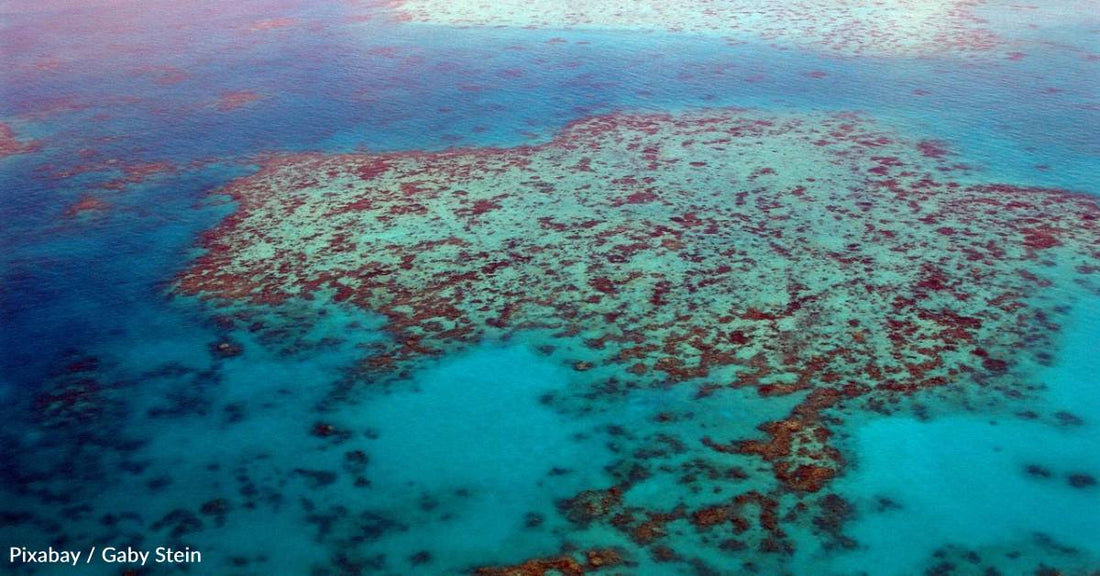Incorporating Climate Change Information Into Great Barrier Reef Tourism May Help Save It
Michelle Milliken
Australia’s Great Barrier Reef, which was added to the UNESCO World Heritage List in 1981, is home to a wide variety of habitats and an even wider variety of species. However, it’s under threat due primarily to climate change, but also due to fishing, pests, coastal development, and land run-off. According to the latest Great Barrier Reef Outlook Report from the Queensland government, there have been some recent improvements in portions of the ecosystem, but, overall, the habitat condition remains poor. The report notes that there is need to think outside the box to add to existing strategies to help, and a new study suggests getting tourists on board could be one approach.
Researchers at University of Queensland recently looked into whether providing climate change information to those visiting the reef had any impact on climate action. The team says when people visit nature, especially areas at high risk, it provides an opportunity to promote climate change action. However, those facilitating these trips may be hesitant to share because they don’t want to seem divisive or ruin anyone’s trip. However, the study, published in the journal People and Nature, shows that it may not negatively impact a trip at all.

To conduct their research, the team provided climate change information to tourist boats on the Great Barrier Reef. That included a marine biology presentation, posters around the boats, a short video, and regular comments on climate change impacts and possible actions. After the trips, the tourists were given surveys on their experience, and their responses were compared with those who had not received similar information. Overall, 656 tourists took part.
Those who had received the information were more apt to report having an experience that exceeded their expectations, while also not reporting any lowering of trip satisfaction. They also appreciated that there was information on possible actions that could be taken to help tackle climate change.

Dr. Yolanda Waters, the study’s first author from University of Queensland’s School of the Environment, says, “Informing visitors about the impacts climate change has had on our marine environment doesn’t diminish visitor’s enjoyment of the Great Barrier Reef – we found it might even do the opposite. Eighty percent of participants wanted more information on climate change, specifically on what they could do to help.”
She adds, “The reef’s fragile ecosystems are under intense pressure, and how tourism responds can significantly impact both environmental outcomes and the sustainability of the industry moving forward.”
She explains that, rather than being afraid of sharing climate change information, tourism industry operators may be able to share it to improve outcomes for the reef and their own industry.

However, the team did also find that a bit more work may be needed in message delivery, as merely sharing information may not be strongly linked with action on the part of tourists yet.
They write, “However, we found that while providing climate interpretation had positive effects on threat awareness under certain conditions, it had little to no effect on action awareness or information-seeking behaviour. Our findings suggest that climate interpretation, while a potentially useful entry point, must go beyond simple provision of information if the goal is to encourage tangible, action-focused outcomes.”
You can read the whole study here.

